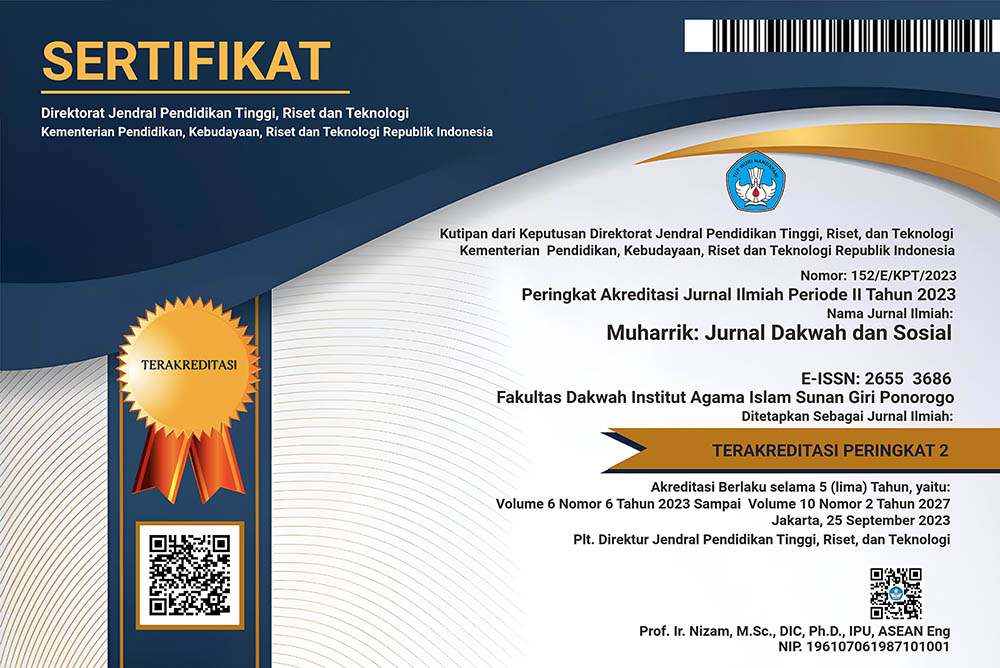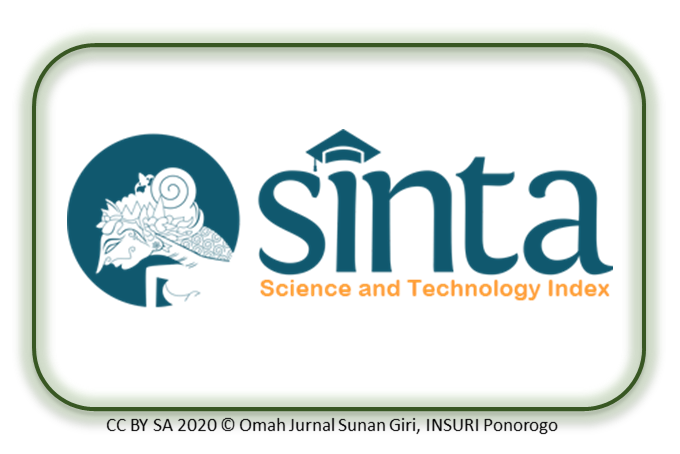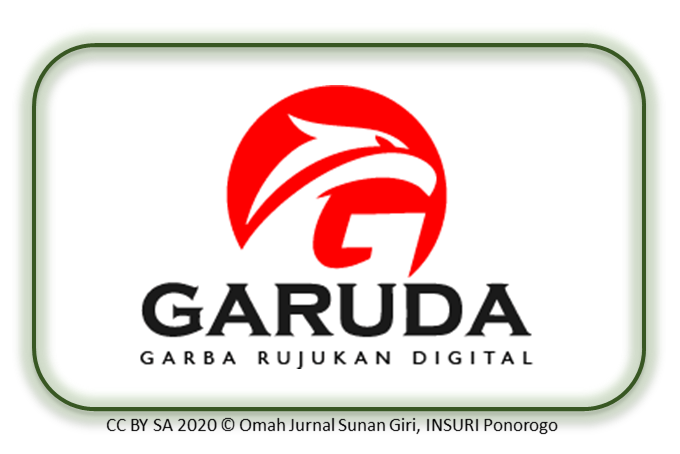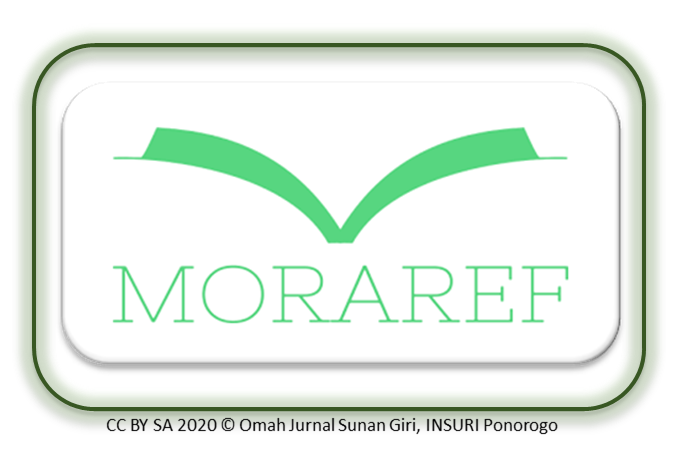PEMBANGUNAN MASYARAKAT MISKIN DI PEDESAAN PERSPEKTIF FUNGSIONALISME STRUKTURAL
Keywords:
Pembangunan Masyarakat, Struktural Fungsional, Struktural Fungsional.Abstract
Indonesia as a developing country continues to make improvements in the program and policy of quality of life and human resources development. The new vision of Indonesia’s president is 'SDM unggul Indonesia maju’ and this vision also applied by government today shows that the government is serious about improving human resources quality. The sustainable development program is the benchmark for how seriousness of this country performs evaluation and improvement for a fair and prosperous welfare of society. The pattern of community-based development has been integrated and structured into a challenge in the policy model of sustainable program. This paper focuses on the development issue of rural communities with critical to the thought of functional structural theories. The approach used is qualitative study of the library by using scientific research of both articles, journals, as well as related agency data. This paper explains that the social structure that occurs in rural communities, gives an unsubstantial impact on the development of the poor. Then, the development that is still on the functional structural is the benchmark in overcoming the reality of poverty in the rural community today. Nevertheless, the development of functional structural perspectives is still difficult to be contributed to the significance of Community welfare development. It is concluded that community development programs are still loaded with importance and vulnerable to being politicized by the elite.
References
Anonim. (2005). Perempuan dalam Strategi Penanggulangan Kemiskinan. Jurnal Perempuan. Ed. 42, 95-105.
Dharmawan, A. H. Sistem Penghidupan dan Nafkah Pedesaan: Pandangan Sosiologi Nafkah (Livehood Sociology) Mazhab Barat dan Mazhab Bogor. Jurnal Sodality. Vol. 1, 2007, Hal. 169-192.
Dwijayanto, A. (2018). Pemberdayaan Komunitas Muslim Perbukitan Melalui Program Sosial Bank Indonesia di Kaur Bengkulu. Muharrik: Jurnal Dakwah dan Sosial, 1 (02), 155-167.Hadi, A. P. (2011). Tinjauan Terhadap Berbagai Program Pemberdayaan Masyarakat di Indonesia. Yayasan Agribisnis/Pusat Pengembangan Masyarakat Agrikarya. (Tidak diterbitkan).
Hudayana, B. (2017). Pemberdayaan Masyarakat: Bunga Rampai Antropologi Terapan. Yogyakarta: Pustaka Pelajar.
Khan, A. R., & Khandaker, S. (2016). A Critical Insight into Policy Implementation and Implementation Performance. Public Policy and Administration. 15(4): 538-548.
Khomsan, A. (2012). Ekologi Masalah Gizi, Pangan dan Kemiskinan. Bandung: Alfabeta.
Korten, D. C. (1987). Community Management. Connectitut: Kumarian Press, Westaharford.
Maxwell. S. (1994). Food Security: a post-modern Perspective. Working paper 9 Institute of Development Studies University of Sussex, England.
Niko, N. (2019). Kemiskinan Perempuan Dayak Benawan di Kalimantan Barat sebagai Bentuk Kolonialisme Baru. Jurnal Pemikiran Sosiologi. 6(1): 58-76. Doi: https://doi.org/10.22146/jps.v6i1.47467
Proefschrift. (1974). Understanding How Actors Influence Policy Implementation. Universiteit Twente.
Ritzer, G. (2012). Teori Sosiologi Modern (terj. Alimandan). Jakarta: Kencana Prana Media Group.
Ritzer, G. (2014). Sosiologi Ilmu Berparadigma Ganda (terj. Ali Ramdani). Jakarta: Rajawasli Press.
Santoso, I. (2014). Pengembangan Masyarakat Berbasis Sumber Daya Lokal. Yogyakarta: Pustaka Pelajar.
Sen, A. (1992). Inequality Reexamined. New York: Sussel Sage Foundation.
Tika, F. Y. A., Hanafi, I. & Riyanto. (2017). Implementasi Kebijakan Pemberdayaan Masyarakat (Studi pada Pelaksanaan Program Nasional Pemberdayaan Masyarakat (PNPM) Mandiri Perkotaan di Kecamatan Batu Kota Batu). Jurnal Administrasi Publik (JAP). 1(2): 188-196.
Todaro, M. P. (2004). Pembangunan Ekonomi Dunia ke-3 (Jilid 1, Edisi 8). Jakarta: Erlangga.
Wahyudin, U. (2012). Pelatihan Kewirausahaan Berbasis Ekokultural untuk Pemberdayaan Masyarakat Miskin Pedesaan. Jurnal Mimbar. 28(1): 55-64.
Wahyu, D. K. (2014). Kamus Sosiologi. Surabaya: Victory Inti Cipta.
Yulasteriyani, Y., Randi, R., & Hasbi, M. (2020). Kemiskinan Masyarakat di Indonesia: Perspektif Sosiologi Islam dan Fenomenologi Barat. Intizar, 25(2), 77-86. Doi: https://doi.org/https://doi.org/10.19109/intizar.v25i2.4463
Downloads
Published
Issue
Section
License
The author(s) retain/s the copyright and grant/s Muharrik: Jurnal Dakwah dan Sosial the first publication rights licensed under the Creative Commons Attribution-NonCommercial 4.0 International (CC BY-NC 4.0) , which allows others to access (search, read, download and quote), share (copy and redistribute the material in any media or format) and adapt (mix, modify and develop) works for legitimate non-commercial purposes, with recognition of the authorship of the work and its initial publication in this journal.













